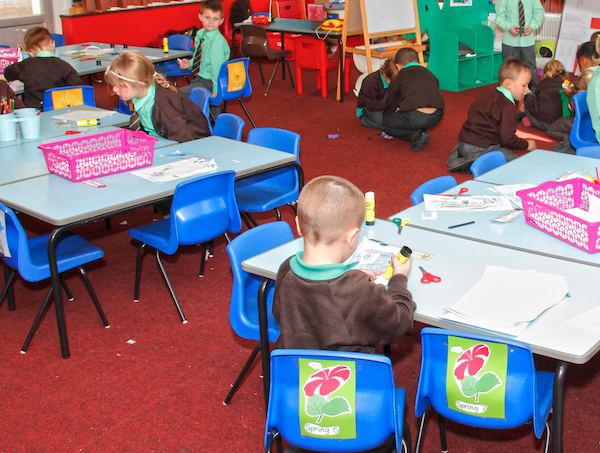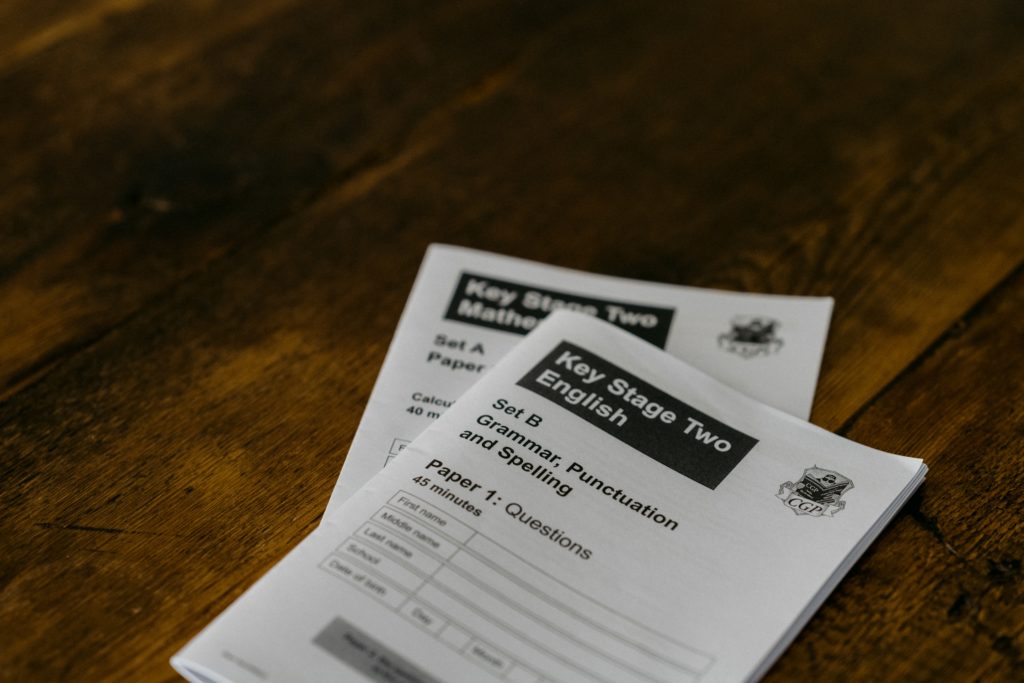In England and Wales, children can start state school from the September after their 4th birthday. However, you can ask to delay the start date until the term after they are 5 years old (this would be January or April). Most people do not do this.
Everyone must apply for a school place by the January 15 deadline.
Many schools also have a nursery on their site for younger children. Be aware that the school can choose the children who go to the nursery, but they usually cannot choose which children go to the school itself – this is the choice of the local council.
- Read our blog about how councils choose a school for your child.
The local council usually chooses the school for your child. When you apply, you are given 3-6 choices. You don’t have to use all the choices.
You can choose any state school that you like, even if you don’t live in the catchment area or it is in a different county. Be aware you are less likely to get a space if you are not in the catchment area or near the school. For this reason, it is important to make sure one of your choices is your catchment area school.
You usually need a permanent address before you can apply, especially for popular schools. You will need to prove your child’s date of birth.
If you apply after the deadline, you may not get a place in one of your school choices. The deadline for applications is different depending on the age of the child:
1. For children starting school
Everyone wanting their child to go to state school has to apply for a school place. This is true even if your child is at a nursery on the school site.
The school year starts on September 1. You need to apply by January 15 in the school year before your child turns 5.
For example, for a child who will be 5 in May 2023, you would need to apply by January 15, 2022.
2. For children moving school
Children moving up from a primary school or lower school must apply for a place at the next school. They do not get an automatic place, even in towns where there is only one secondary school. The same is true for middle schools and upper schools. You must apply for a place in the school year before they move. The deadline is January 15 for middle schools and October 31 for secondary schools and upper schools.
If you did not get a place for your child in any of your chosen schools, you can appeal once for each school. You must be able to prove it would be bad for your child to go to the school they were given, or that there are important reasons why your child should go to the school you want. It is a good idea to get legal advice.
Before you appeal, make sure you have accepted a place in the school the council has offered you (this won’t make any difference to the appeal). Also, ring up the schools you wanted and make sure you are on their waiting list.
- Read more about appealing a decision on the main government website.
Most state schools in England follow the National Curriculum. This is the name for the government rules about what they teach. State schools that don’t follow the National Curriculum (for example, academies) must reach similar standards as other schools, so you might not notice much of a difference between them.
Private schools do not follow the National Curriculum.
In Wales, 3-7 year olds in state schools follow a different system, called Foundation Phase. Children aged 7+ currently follow the National Curriculum, but a new Welsh version will be introduced in 2021.
The National Curriculum arranges learning in blocks, called Key Stages (KS):
- Early Years: ages 3-5
- KS1: ages 5-7
- KS2: ages 7-11
- KS3: ages 11-14
- KS4: ages 14-16
All children aged 5-18 who are resident in the UK are eligible for school, so your child would be allowed to go to a state school even if you have a visa that says No Recourse to Public Funds.
Be aware that if your child is given a visa to study at a specific private school, they cannot leave it go to a state school instead.
If you are worried about your child not understanding English, try to find a school with good EAL (English as an Additional Language) support. Speak to your local council.
Some schools (especially in city centres) are very used to having children arriving with low levels of English and may also offer classes for parents. It is worth researching different schools online before making a choice.
Children moving up from a primary school or lower school must apply for a place at the next school. They do not get an automatic place, even in towns where there is only one secondary school. The same is true for middle schools and upper schools.
You must apply for a place in the school year before they move. The deadline is January 15 for middle schools and October 31 for secondary schools and upper schools.
If you move to an area during the school year and want to send your child to a state school, speak to your local council for help.
You could also speak to directly to schools to ask if they have space.
You will need to prove your child’s date of birth.
If your child is unhappy at a state school you should first try to solve the problem by speaking to the class teacher, headteacher or governors. There may be ways they can help.
If you still want to move your child, you will need to find a school with a space in your child’s year group.
You usually need to apply for a new school through your local council. For some schools (for example academies), you can ask the school.
It is very important you do not take your child from the problem school until you have a place in a new school.
Moving schools at any time other than the usual transfer to the next type of school is called ‘in-year transfer’ or ‘placing request’. Speak to your local council for more information.
Children who behave badly may be ‘excluded’ – told not to come to school for a short time, usually a few days. This is sometimes called ‘being suspended’.
If your child’s behaviour is really bad, they might be ‘permanently excluded’ –told to leave the school forever (also known as ‘being expelled’).
The local council must find you a new school for your child within 5 days. Children who struggle at mainstream school might be sent to a Pupil Referral Unit (PRU) for a short time.




